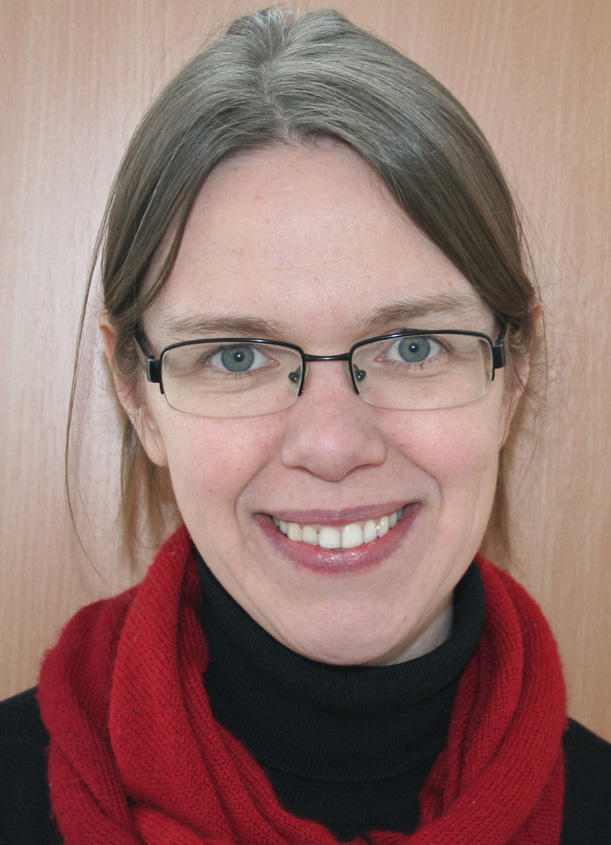Department of Comparative Politics participates in new international research project: How do populists communicate?
Associate Professor Elisabeth Ivarsflaten of the Department of Comparative Politics represents the University of Bergen in a new international research project on populist communication. The project is supported by the prestigious COST Action EU program.

Main content
«Populist Political Communication in Europe»
The new international research project is titled «COST Action IS1308: Populist Political Communication in Europe», The Norwegian University of Science and Technology (NTNU) reports. A network of scientists representing 25 countries will analyze populist communication and how it affects other political parties and others. The four-year project is led by Professor Toril Aalberg of the NTNU, and Associate Professor Elisabeth Ivarsflaten of the Department of Comparative Politics is the other Norwegian representative.
In Norway, former Progress Party leader Carl I. Hagen is frequently considered the country’s first «media politician». Mastering the TV format, he has often been described as one other politicians learned from. And populist media strategies are among the central foci of the new research project.
According to the NTNU, the project «brings together scientists who wish to investigate populist political communication, and the effects it has on democracies across Europe». Moreover, «the group of scientists will study the populists themselves and their strategies for political communication. How the media is affected by these strategies will be analyzed, as well as how we and other political parties are affected by the populists».
Prestigious EU-funding
The new research project is supported by the prestigious COST («European Cooperation in Science and Technology») Action EU program. Very few applicants for support from this program are successful, and Norway has led only 11 out of about 1100 COST Action projects since the program was created in the 1970s.
The NTNU notes that in the category for social and humanities studies, the contest is particularly crowded. Less than three percent of applicants are successful.
Important research topic at the Department of Comparative Politics
Populism, in particular right wing populism, is an important area of research at the Department of Comparative Politics. Professor Lars Svåsand has worked in the field for many years, as has Associate Professor Elisabeth Ivarsflaten. Together with Assistant Professor Hilmar L. Mjelde and Research Assistant Lise Lund Bjånesøy, they participate in the Research network on Nordic Populism (NOPO).
The topic is also popular with students. In recent years, right wing populism has been one of the most common themes for master and bachelor theses.
